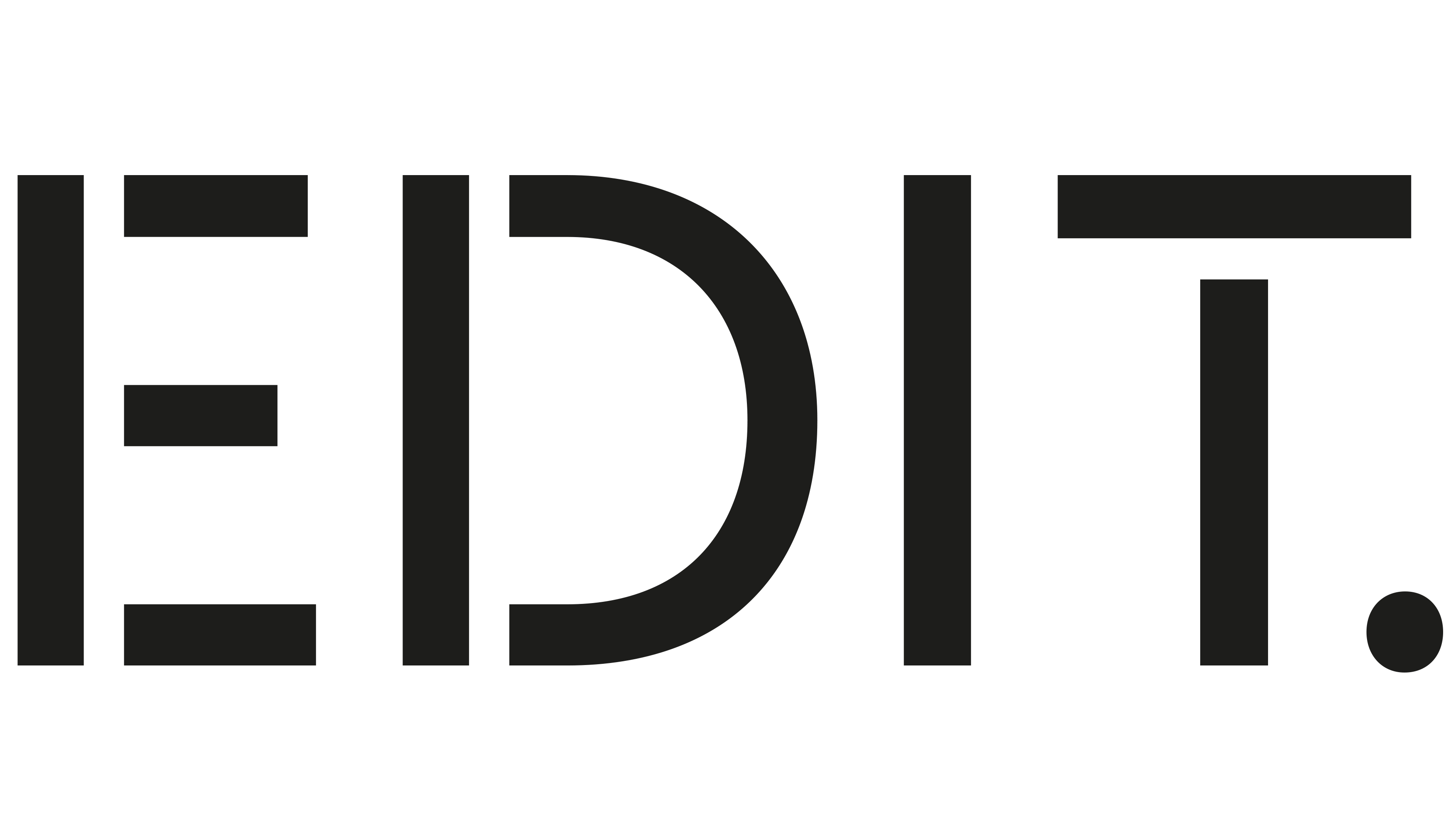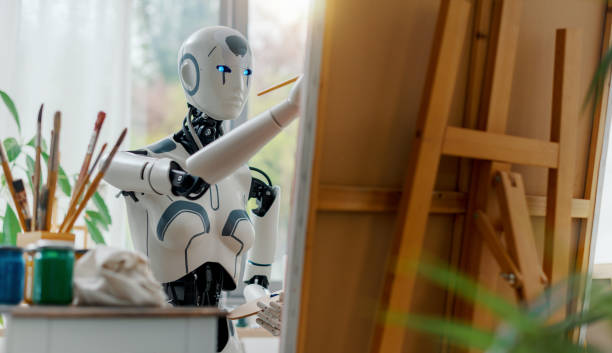’’Poetry is like a mystery-
words written by strangers,
whose stories and ages are unknown.
You don’t know their dreams,
or their nightmares,
their hopes
or their fears.
You don’t know anything about them actually.
You just know
that the words they’re saying
remind you of something.
They remind you of words
you want to be told,
but also words you want to tell-
To people that you love,
people that you miss,
people that you want to hug or kiss.’’
That’s the beauty of art- it touches us even when we don’t know its creator. Poems, songs, paintings, words spoken by people wanting to make a change- all of these are forms of art. Go solo, written and performed by Tom Rosenthal, is one of my favorite songs. “The Lovers” by René Magritte is one of my favorite paintings. And “Everyone thinks of changing the world, but no one thinks of changing himself.”, a quote by Leo Tolstoy is one of my favorite quotes.
These favorites of mine have something in common: they all speak to my soul in different ways. Even though I don’t know the creators, I can feel their emotions. For me, art is everything that we create to express ourselves- everything we pour our souls into. It could be anything from a picture we take that makes us feel a certain way, to a poem we write about our feelings, one like the one written above.
Art is everywhere around us: in the buildings we pass through, the paintings we have up on our walls, the quotes we carry, the songs we repeat, and the journals we write when we feel upset. But beyond that – for me – art is us.
It’s the way we walk, the way we laugh, the way we dance or sing when we’re feeling joy. The way we walk our dogs. The way we are passionate about something. The way we cry when we are sad, or mad when disappointed. The way we get worried about being on time when we miss the bus. The way we love even though we know it won’t work out. The way we look in disgust when we eat food we don’t like. The way we enjoy the sun, or gaze at the stars in the dark.
We humans are art- and art creates art.
We create buildings that will hold us. Poems that will awaken feelings. Paintings that will make us wonder how it is possible that such a thing was created. Meals that make our hunger fade away. Theories that answer big questions. Songs that awaken memories we thought we had forgotten. Everything about us is art, we are art.
One unforgettable memory when art touched me, was standing in the middle of Plaça de Nova, in Barcelona. A woman was performing flow arts with music playing softly in the background. She seemed so passionate- so connected to what she was doing. I started crying, not out of sadness, but because of all the passion that was radiating through her eyes. This moment also made me reflect on how rare we witness moments like that- where art is seen and appreciated in the way it should. This shift isn’t only because society has evolved and changed, but also because the way we consume and create art has changed too.
Nowadays, we don’t appreciate art the same way. We avoid thinking. We avoid observing what is around us. We have replaced our senses. Our phones have become our eyes, our headphones our ears, and our keyboards our mouths. We use apps to edit pictures, and we escape reality through social media. We scroll through Instagram or TikTok for hours, watching reels and videos of other people’s lives. We watch. We scroll. We forget.
We use AI tools, thinking that art is still being created. But I wonder- are we still expressing ourselves, are we still giving a piece of ourselves- the art we are?
Massive companies are competing against each other to create the most powerful forms of artificial intelligence- systems that can answer any type of question within only a few seconds. Currently, there is one AI that is much more powerful than the rest, Open AI’s ChatGPT. It is designed to make it easier for us, helping us get good grades for less work and good answers for less effort.
Its future still remains uncertain. How much it will replace is unknown. To what extent it will continue replacing is also unknown. Will it be like calculators have changed the way we do math? Will there be AI- written texts displayed next to paintings in future museums?
This tool, while powerful, raises questions. It has its upsides, making it easy to not resist it. It saves us time, while creating everything from scratch, but at what cost do all these benefits come?
One place where AI is constantly being used, and where this cost is visible, is education. Tools like ChatGPT are used by students in a way that the main structure of a text is created by it, and then slightly edited by the ‘’writer’. But essays assigned by teachers are not meant to show our capabilities to memorize knowledge or how much information we can write down, but to make them understand us better, understand how we think and how we can apply our knowledge. When we rely on it in that way, we eventually shift from being writers to becoming editors. But is that really a bad thing?
The difference between writing and editing can be compared with the difference between reading and writing. Reading is enriching for the brain, and helps us gain knowledge, while also expanding our imagination and creativity, and broadening our perspectives. Still, all this is done through the language of others, their words, their way of expressing themselves, their thoughts and arguments, their sentences and their narratives and points of view. The same thing occurs with editing. It begins with the language of someone else, and in this case, something else.
Not writing our own texts comes with so many disadvantages, that actually outweigh the advantage of saving time and effort. Not writing our own texts hinders us from evolving our brains and from broadening our thoughts. Writing is a way to discover ourselves and realize our true opinions on a deeper level. As I said before, I believe that we humans are art, and this is why artificial intelligence could never be art for me. When we don’t express ourselves, it leads to less art being shared in the world, which in turn slowly leads to us losing our humanity.
Furthermore, AI tools like ChatGPT are not always accurate, and can provide false information, and even though it has access to a lot of information, it still has limited knowledge. Additionally, beyond these drawbacks that emerge from not generating our own texts, there are dangerous societal and environmental consequences that are overlooked. While we may not see the impact behind every prompt we type, it’s there. Each prompt to a large language model can use between 0.001 to 0.01 kWh of electricity. That might seem small- but when this is multiplied by millions of users and billions of prompts, the carbon footprint adds up quickly.
On a societal level, ChatGPT raises deep ethical concerns. It can be used in unethical ways, where misinformation is spread, and even fake news or identities can be created. ChatGPT also learns from us and uses information provided by us to get more advanced. How the information is stored and used is not fully understood. This also means that information that is given by its consumers can be leaked. Furthermore, ChatGPT is over- relied on, and users are not critical thinkers anymore. Information is trusted, even though it may not be accurate. We become assistants of this platform, instead of the other way around.
Before I conclude, what if I told you that everything you have read until now is written by ChatGPT, would you believe it? As mentioned earlier, AI can be powerful, but also dangerous. And maybe there is nothing we can really do to stop it. But while we are using it, we should always keep all the risks in mind. We shouldn’t only see the bright side of the image but acknowledge everything that it is costing us while we are using it. With the speed that the AI industry is developing, articles that are AI- written and human- written will soon become undistinguishable. Is that what we really want? Is this how humanity is meant to advance? I leave these questions for each one of you.
I hope this article has encouraged you to reflect more deeply on the role of AI, and to reconsider how and when these tools are used. And no- this article wasn’t written by AI. Every word comes from personal observation and reflection. It may not be the ultimate truth- but it is mine.
Writer: Alexia Challah


